archive
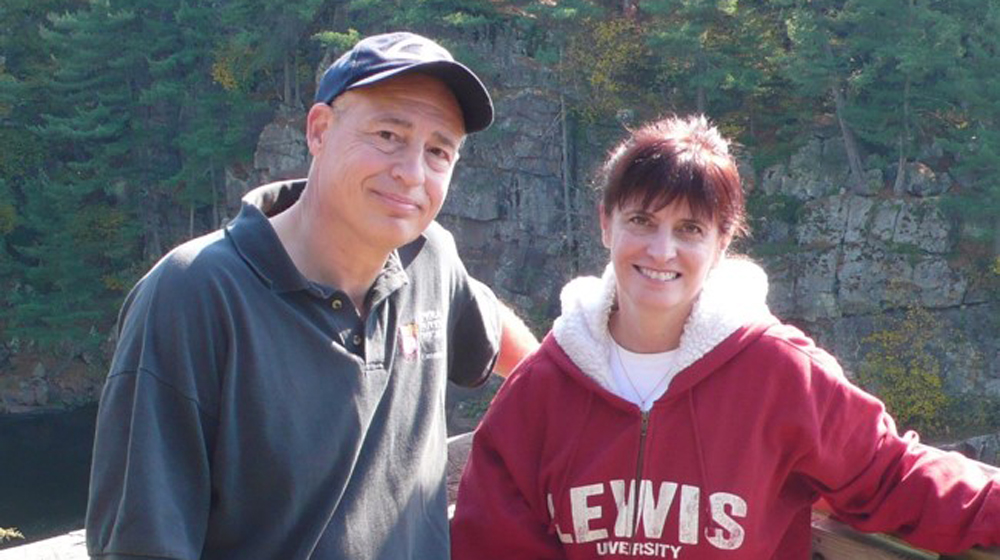
"Civil War Chicago: Eyewitness to History" on October 20th
Professor of History Theodore J. Karamanski, PhD and Loyola alumna Eileen M. McMahon, PhD, will discuss their new book on the Civil War’s transformative role in Chicago's development.
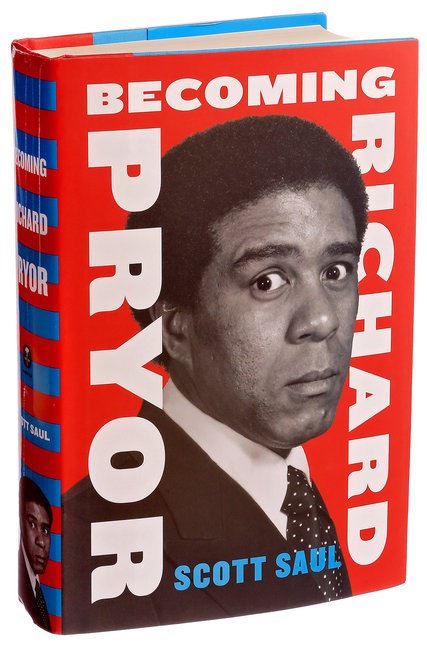
Richard Pryor Biographer to Speak at Loyola
Scott Saul, the author of Becoming Richard Pryor, will give a public lecture on the comedian entitled "Living with Richard Pryor: A Biographer's Tale" on Friday, April 24 at 3 PM.
Timothy Gilfoyle on "The Changing Forms of History"
Should history be a book discipline? What constitutes "acceptable scholarship" in history? Professor Timothy Gilfoyle considers the rich and diverse forms that historical scholarship take from books, digital media, and public history projects in his article "The Changing Forms of History" in April's edition of Perspectives on History, the AHA newsmagazine.

"The Rise of the Nation-Saint" on November 5th
Prof. Kathleen Sprows Cummings, University of Notre Dame, discusses a pre-circulated paper on the efforts of U.S. Catholics to secure their first canonized saint for the third meeting of the 2015-2016 Ramonat Seminar Series.
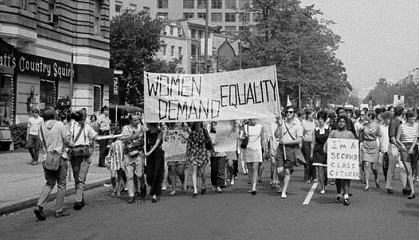
Voices of Chicago Women Activists
Celebrate Women's History Month with the Women & Leadership Archives and the Chicago Area Women's History Council. Come hear multimedia excerpts of oral histories by Columbia College honors students featuring Chicago women activists and leaders. The event will be held on Sunday, March 16th from 2:00pm-5:00pm on the 1st floor of Piper Hall.

What was Chrysler Village and how did it get its name?
Public History graduate students know and shared their work on a historic nomination for the neighborhood with Ask Geoffrey on WTTW the other night.
LEARN MORE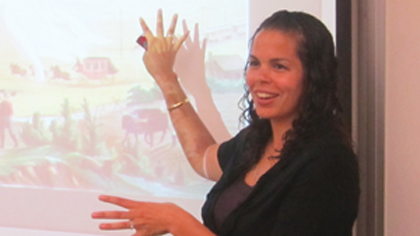
Closing the Gap
Sarah Doherty (PhD '12) reflects on the importance of the Preparing Future Faculty Program in equipping her, and other minority doctoral students, with the skills necessary for a career in academia.
LEARN MOREAmber Bailey named a 2015 Preservation Action Foundation Scholar
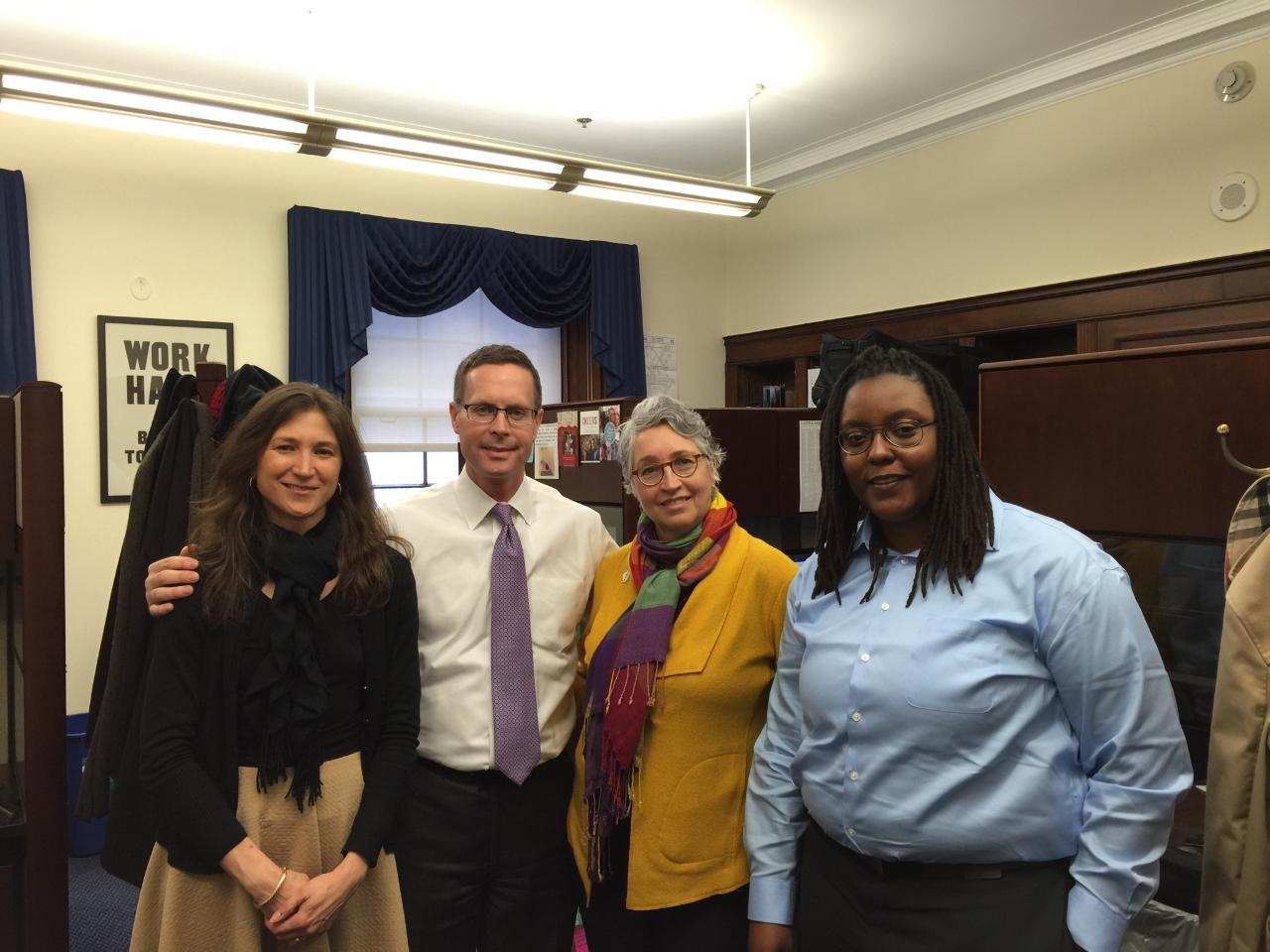
Public History Master's student Amber Bailey was selected as one of four 2015 Preservation Action Foundation Scholars. As a 2015 Scholar, she traveled to Washington, D.C. in early March to participate in National Historic Preservation Advocacy Week. While in Washington, she met with members of Congress to advocate for preservation policy issues. Fellow Public History student Siobhan Heraty recently caught up with Amber about her experience with the Preservation Advocacy Foundation.
How did you become involved with the Preservation Action Foundation?
I first learned of the Preservation Action Foundation and its Advocacy Scholars Program through History Department's graduate student listserv. I had recently become interested in historic preservation, and the Advocacy Scholars Program seemed like the perfect opportunity to learn more about the field.
What preservation issues do you feel are most important?
I became interested in preservation because I want to be a steward and advocate for marginalized communities and historic places within them. To this end, I am especially interested in how historic preservation can be used as a tool to revitalize economically depressed areas.
Earlier this month you participated in Preservation Advocacy Week and met with members of Congress. What preservation issues did you discuss with them? What was that experience like?
I had an amazing (if exhausting) time marching around Capitol Hill. Our visits with Congressional staffers focused primarily on encouraging Illinois' representatives to support reauthorizing the Historic Preservation Fund, joining the Historic Preservation caucus, and continuing the Historic Rehabilitation Tax Credit in the event of comprehensive tax reform. We also highlighted preservation projects from each representative's district that were made possible because of federal support.
For me, the best part of Lobby Day was having the opportunity to observe and learn from preservation professionals. My lobbying delegation included a representative from Landmarks Illinois, the Illinois Historic Preservation Agency, and the National Trust for Historic Preservation. It was great having one-on-one time to ask questions about issues and projects going on in Chicago and the rest of Illinois from people who've been working in preservation for years. I think that those moments, which usually occurred while trekking around Congress or waiting in the hallway for our next meeting, were just as valuable as the meetings themselves.
Were there other events that you engaged in as part of Preservation Advocacy Week? Which were most interesting or memorable?
Prior to visiting Capitol Hill, I attended a number of training sessions on issues related to historic preservation. I learned quite a bit more about topics that I had been introduced to through coursework at Loyola.
Outside of the training, I'm glad to have gotten the opportunity to meet preservationists from all over the country -- from my home state of Virginia to my new home of Illinois, from Arkansas to Alaska. I'll certainly carry this experience with me as I move forward in my career.
How does your involvement with the Preservation Action Foundation relate to your studies at Loyola and your goals as a public historian?
The reason that I fell in love with history was because I've experienced firsthand its ability to change the way that people think about themselves and their community. The reason I committed to become a public historian was because I wanted to use my skills to do the same for others, to help empower marginalized communities.
I entered Loyola with the intention to pursue this goal by training to become a museum curator. But as my studies have progressed, I've also become interested in historic preservation and its potential to achieve the same ends. After attending Preservation Advocacy Week, I can say that this interest has grown even more. I look forward to continuing to explore this interest in the time I have left at Loyola and beyond.
